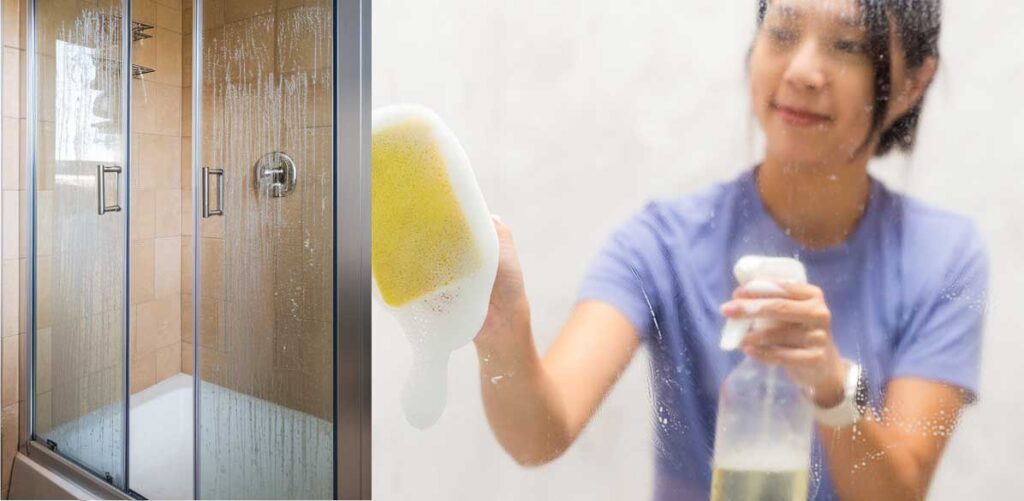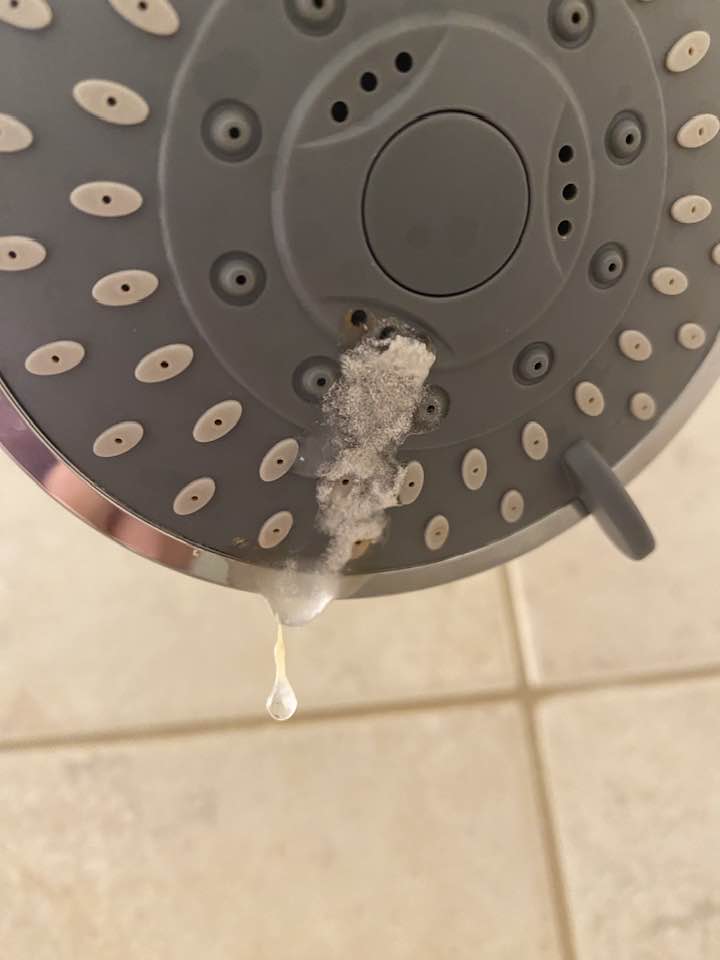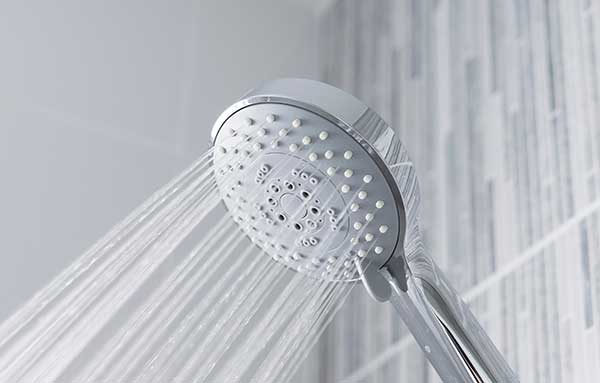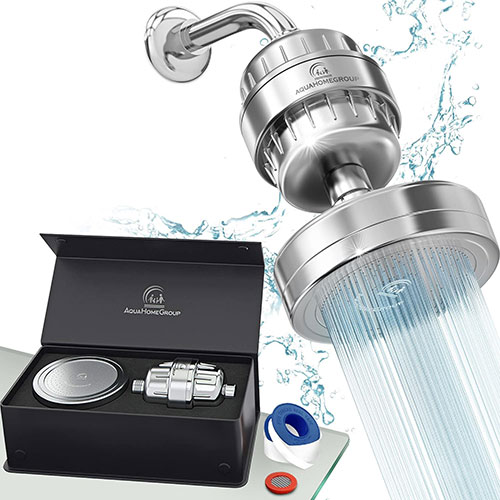
Water is essential to our daily lives, but not all water is created equal. You’ve probably heard the terms “hard water” and “soft water” before, but what do they really mean, and why should you care? If you’ve ever noticed unsightly white stains on your shower doors, faucets, or even dishes, you’ve likely experienced the effects of hard water.
In this article, we’ll take an in-depth look at what hard water is, why it creates stains, how you can clean those stains effectively, and how to avoid hard water problems in your home altogether.
What Is Hard Water?
Hard water refers to water that has a high concentration of dissolved minerals, primarily calcium and magnesium. These minerals accumulate as water travels through soil and rock formations, picking up calcium, magnesium, and sometimes trace amounts of other minerals like iron.
How Does Water Become Hard?
Water is naturally soft when it falls as rain. However, as rainwater makes its way through the ground, it passes through limestone, gypsum, and other mineral-rich rock layers, dissolving calcium and magnesium along the way. By the time this water reaches your home through municipal or well water systems, it can contain high levels of these minerals, making it “hard.”
Water hardness is measured in grains per gallon (GPG) or parts per million (PPM). The more calcium and magnesium in your water, the harder it is. Here’s a general breakdown of water hardness levels:
- Soft Water: 0–60 PPM (0–3.5 GPG)
- Moderately Hard Water: 61–120 PPM (3.5–7.0 GPG)
- Hard Water: 121–180 PPM (7.0–10.5 GPG)
- Very Hard Water: 180+ PPM (10.5+ GPG)
If your water falls in the hard or very hard category, you’ll likely see signs of it around your home.
Why Does Hard Water Create Stains?
The stains caused by hard water are primarily due to the minerals it carries—calcium, magnesium, and sometimes iron. When hard water evaporates from surfaces, it leaves behind mineral deposits in the form of white, chalky streaks, spots, or buildup. Over time, these deposits can harden and become difficult to remove, making them unsightly and damaging to surfaces.
Common Signs of Hard Water Stains
Hard water stains, also known as limescale, can appear in various places throughout your home. The most common signs include:
- White, cloudy spots on glasses and dishes
- Chalky white buildup on faucets, showerheads, and sinks
- Soap scum combined with mineral buildup in showers and bathtubs
- Streaks or spots on windows and shower doors
- Orange or reddish stains in areas with high iron content, such as sinks, toilets, and tubs
Not only are these stains visually unappealing, but they can also lead to long-term damage to fixtures, appliances, and plumbing if left unchecked.

The Chemistry Behind Hard Water Stains
The process of staining happens when hard water evaporates, leaving calcium carbonate (a result of dissolved calcium ions) behind. The same applies to magnesium. When combined with soap, these minerals can also form a thick residue known as soap scum, which is difficult to remove and can lead to clogged pipes over time.
Additionally, if your water has iron in it, you may notice reddish or rust-colored stains, especially in toilets, sinks, or tubs. Iron reacts with oxygen and water to form rust, creating those tough-to-clean orange stains.
How to Clean Hard Water Stains
Fortunately, hard water stains are not permanent, and with the right techniques, they can be effectively removed. However, hard water stains can be stubborn, and cleaning them requires a bit of patience and the right cleaning solutions.
1. Vinegar and Water Solution
Vinegar is acidic, which makes it effective at breaking down mineral deposits. To use it:
- Mix equal parts white vinegar and water in a spray bottle.
- Spray the affected area generously.
- Let the solution sit for 5–10 minutes to loosen the mineral deposits.
- Scrub the surface with a non-abrasive sponge or cloth.
- Rinse with water and dry the surface.
This method works well on glass shower doors, faucets, and sinks.
2. Baking Soda Paste
Baking soda is a mild abrasive and can help scrub away hard water deposits without damaging surfaces:
- Mix baking soda with a small amount of water to form a paste.
- Apply the paste to the stained area.
- Let it sit for 10–15 minutes.
- Scrub gently with a sponge or brush.
- Rinse thoroughly and wipe dry.
Baking soda is especially effective for tougher buildup in showers, tubs, and sinks.
3. Lemon Juice
Lemon juice, like vinegar, is acidic and can dissolve hard water stains. It’s also great for adding a fresh scent to your cleaning routine:
- Cut a lemon in half and rub it directly on the stained surface.
- Let the juice sit for 5–10 minutes.
- Scrub the area with a sponge or brush.
- Rinse and dry the surface.
This method works well on faucets, sinks, and showerheads.
4. Commercial Cleaners
For tough stains, you may want to use a commercial cleaner specifically designed for hard water deposits and limescale. Look for products that contain ingredients like citric acid or other descaling agents. Be sure to follow the manufacturer’s instructions carefully, especially for delicate surfaces like glass or ceramic.
Popular commercial cleaners for hard water stains include (with links):
5. Cleaning Faucets and Showerheads
Faucets and showerheads can accumulate hard water deposits, causing reduced water flow and unsightly buildup. Here’s a simple cleaning method:
- Remove the faucet aerator or showerhead (if possible).
- Soak it in a bowl of vinegar for 30 minutes to 1 hour.
- Scrub any remaining residue with a brush.
- Rinse with water and reattach.
If you can’t remove the showerhead, fill a plastic bag with vinegar and secure it around the showerhead with a rubber band. Let it soak for 30 minutes to an hour, then scrub and rinse.

How to Avoid Hard Water Stains
While cleaning hard water stains is effective, prevention is the key to avoiding constant maintenance. There are several ways to reduce or eliminate hard water stains in your home.
1. Install a Water Softener
The most effective long-term solution to hard water problems is to install a water softener. A water softener works by removing the calcium and magnesium ions in your water through a process called ion exchange. In this process, hard water passes through a tank filled with resin beads that are coated with sodium ions. The calcium and magnesium are exchanged for sodium, leaving your water “soft.”
Benefits of a Water Softener:
- Prevents hard water stains: Without calcium and magnesium in the water, stains won’t form on your fixtures, appliances, or dishes.
- Prolongs the life of appliances: Water softeners reduce the mineral buildup in water heaters, dishwashers, and washing machines, helping them last longer and perform better.
- Improves cleaning: Soft water lathers better with soap, making it easier to clean dishes, clothes, and yourself.
Water softeners can be installed for the whole house or for specific water lines, such as those leading to your kitchen or bathroom. While they can be expensive upfront, they save time and money in the long run by preventing damage and reducing cleaning needs.
I highly recommend the AquaHomeGroup Luxury Filtered Shower Head
2. Use a Water Conditioner
A water conditioner, unlike a water softener, doesn’t remove the minerals from water. Instead, it alters the structure of the minerals so they don’t stick to surfaces or form scale. Water conditioners are less expensive and easier to install than water softeners, but they’re not as effective for very hard water.
3. Clean Surfaces Regularly
Regular cleaning helps prevent hard water stains from becoming too difficult to remove. Wipe down faucets, shower doors, and sinks after each use to remove any water droplets before they have a chance to evaporate and leave behind mineral deposits.
4. Squeegee Your Shower
One of the easiest ways to prevent hard water stains in your shower is to use a squeegee to wipe down the walls and doors after each use. This simple habit can prevent the formation of limescale and soap scum, keeping your shower clean and clear.
5. Install a Whole-House Filter
A whole-house water filter can remove many impurities from your water, including chlorine, sediment, and in some cases, hardness-causing minerals. While not as effective as a water softener, a whole-house filter can improve water quality and reduce the severity of hard water stains.
Conclusion
Hard water can be a nuisance, causing stains, soap scum, and even damage to your appliances and plumbing. Understanding what hard water is and why it creates stains is the first step to managing it. Cleaning methods using common household items like vinegar, baking soda, and lemon juice can effectively remove hard water stains from most surfaces.
However, the best way to deal with hard water is to prevent it from causing damage in the first place. Installing a water softener or conditioner, along with regular cleaning and maintenance, can help you avoid the headaches that hard water brings.
With these tips and solutions, you can keep your home looking clean and your fixtures.
*I am an Amazon Associate and may receive a small commission on my recommendations.













